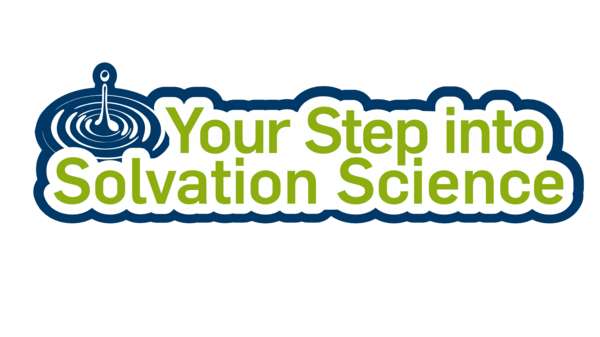
Hättig Group
Solvent effects on Singlet/Triplet splitting in donor-acceptor compounds with quantum mechanical calculations
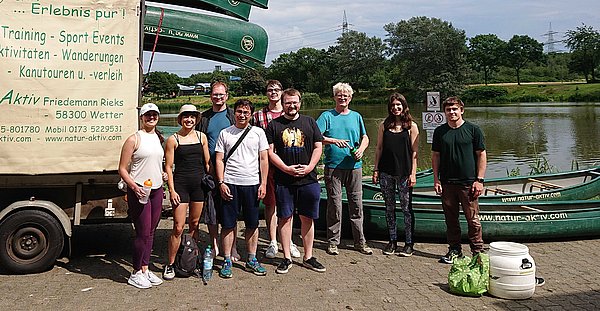
About the group:
The Quantum Chemistry (Haettig) Group is active both in applying computational chemistry methods to chemical problems as well as in the development of improved methods and programs. Applications are mostly concerned with solvation effects on electronic spectra (UV-vis, fluorescence, phosphorescence, CD, MCD, and others) and chemical reaction mechanisms e.g. for combustion or heterogeneous catalysis. On the method and code development side, the group is one of the main contributors to the TURBOMOLE program packgae and internationally known for development of a efficient implementation of the approximate coupled-cluster method CC2 for modelling electronic spectroscopies.
What they are looking for in students:
- basic knowledge of quantum mechanics
- good background in MO theory
- should have some experience with electronic structure programs (e.g. DFT)
- should be able to work on computers with the Linux operator system
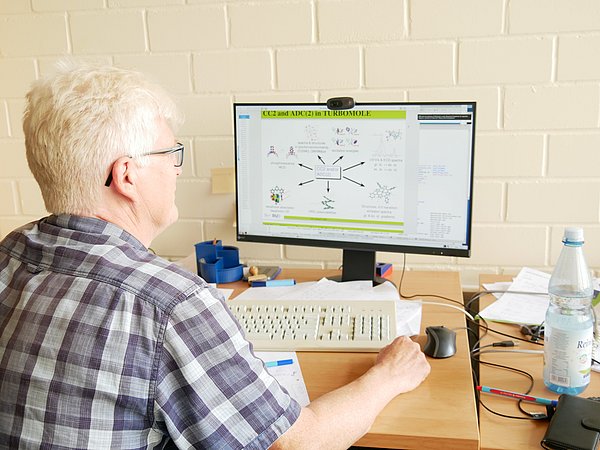
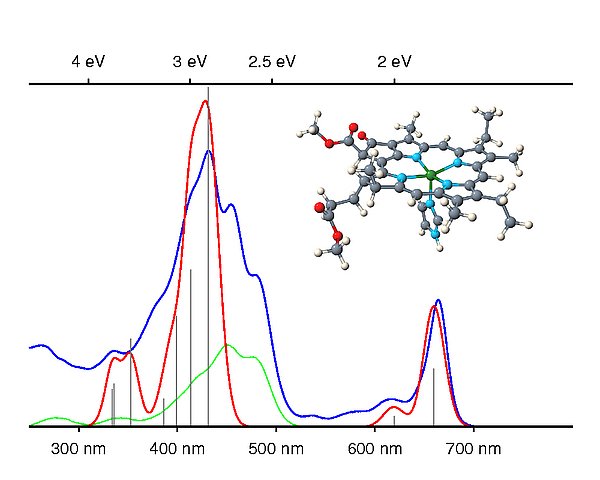
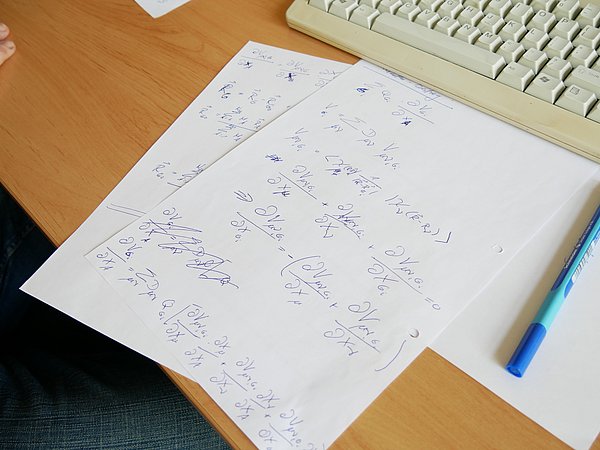
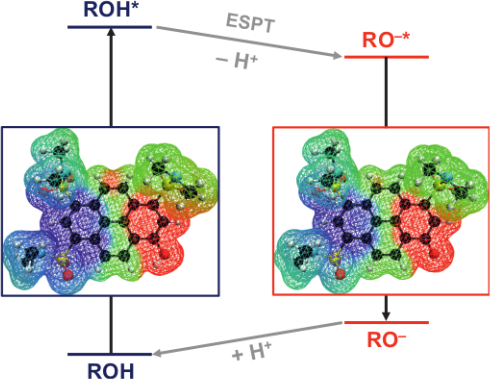
HOW To Apply
For your application, you will need to upload your:
- Research proposal (1 page)
- CV with contact details and affiliation (max. 2 pages)
- Letter of motivation related to Solvation Science (1 page)
- Diploma of your finished education level (Bachelor or Master) and Transcript. Please don't send a transcript of the middle of the course.
Prerequisites: Current Master's and PhD students in the fields of Natural Sciences, Medical Sciences, or related topics of Engineering
The program is officially open. The deadline for applications 1 of March 2026. Results will be anouncement before 20 of March 2026.
The next registration round will start 2/03/2026 with deadline 1/06/2026.
Download
FACTSHEET
Win A research Stay
Subject: conduct your research proposal
Duration: 3 months
Location: Bochum, Germany and local Ruhr RESOLV partner institutions
Language of instruction: English
Costs: RESOLV sponsors travel and a monthly stipend
Period research stay: before August 2027
